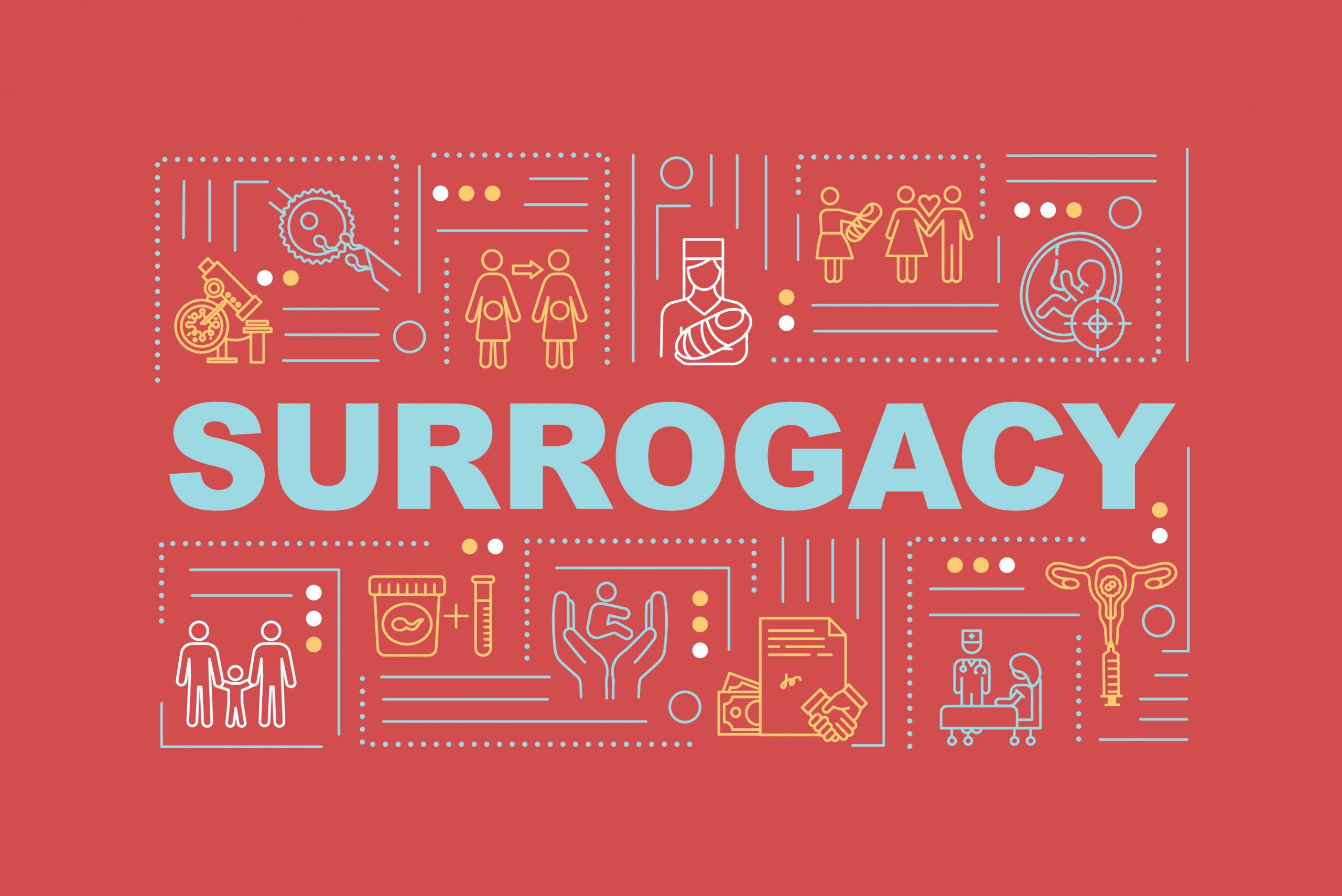How to Become a Surrogate – Surrogate Mother Requirements
Continue reading "How to Become a Surrogate – Surrogate Mother Requirements"Published on June 17, 2020 by mberkson

Published on June 17, 2020 by mberkson

Published on December 9, 2019 by mberkson

Published on November 6, 2019 by mberkson

Published on October 9, 2019 by mberkson

Published on August 20, 2019 by mberkson

Published on August 8, 2019 by mberkson

Published on June 13, 2019 by mberkson

Published on May 10, 2019 by mberkson

Published on May 1, 2019 by mberkson

Published on April 4, 2019 by mberkson